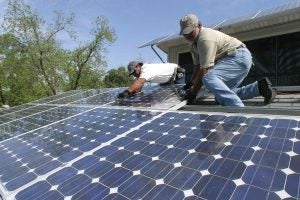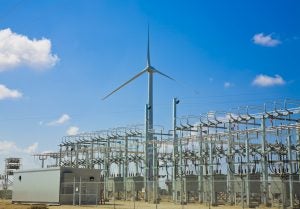
GreenPower electric school bus parked in front of the West Virginia State Capitol building; Charleston, WV
By Ali DySard and Melody Reis
School districts around the country are considering a switch to buses that use less fuel, cost less, and, most importantly, provide safe and healthy trips to and from school. Only one option wins on each of these critical criteria: electric. They eliminate the dirty tailpipe emissions of diesel and other fossil fuel models that harm vulnerable lungs, they save money on fuel and maintenance costs and they can even increase the resilience of the local electric grid.
This clear choice is why the majority of the EPA’s Clean School Bus rebate program applications were for —and nearly 100% of the first round of funding went to — electric buses.
But old technology habits die hard, and propane bus manufacturers have allied with propane lobbyists to push school districts to consider their internal combustion buses. And they’re using some of the fossil fuel industry’s old bag of tricks to take on their electric rivals.
Unfortunately, the truth is not on their side and propane does not come out on top.














